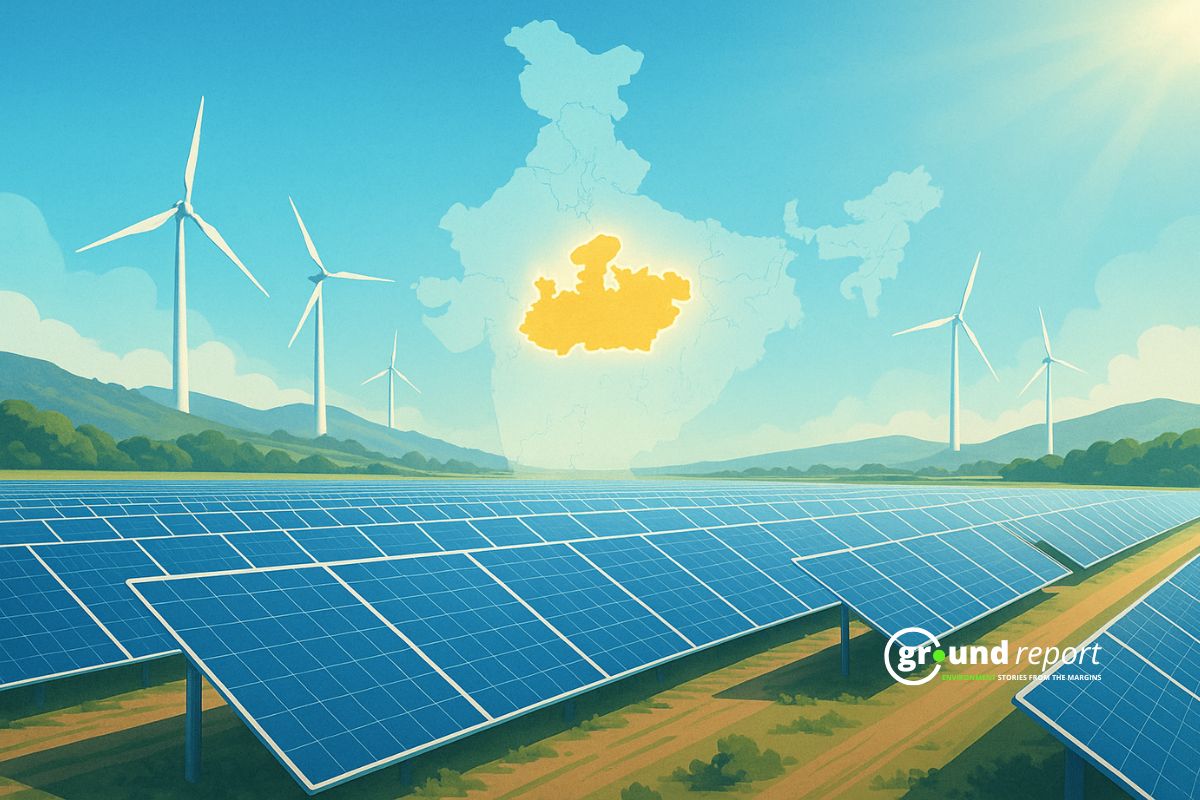Green hydrogen is gaining traction as a potential source of clean energy, and is often referred to as the ‘fuel of the future. But what is green hydrogen? What makes it ‘green’? Here we will talk about this promising source of energy as well as its development and prospects in South Asia.
What is Green Hydrogen?
Hydrogen gas can be used as fuel in transportation, power generation and industrial activities. It does not emit greenhouse gases such as carbon dioxide when burned. Green hydrogen is the name given to a hydrogen gas that is produced using renewable energy, such as wind or solar energy, and which does not emit greenhouse gases.
In a fuel cell – a device that converts chemical energy into electricity – hydrogen gas reacts with oxygen to produce electricity and water vapour. Due to its ability to produce hydrogen without carbon emissions, it is a potentially clean alternative to natural fuels.
In a fuel cell – a device that converts the energy of a chemical into electricity – hydrogen gas reacts with oxygen to produce electricity and water vapour. Because of hydrogen’s capacity to generate energy without releasing greenhouse emissions, it is a potential clean alternative to fossil fuels.
Hydrogen is the most abundant chemical element in the universe. Despite its abundance, hydrogen does not naturally exist as a gas in usable quantities, occurring almost entirely in compounds, such as water. Therefore, hydrogen must be produced using industrial methods. Most of these involve the reforming of natural gas a fossil fuel. Other methods exist, including a process called electrolysis, whereby an electric current is used to split water into its basic components: hydrogen and oxygen.
How much does it cost?
The cost of green hydrogen, according to the IEA’s Global Hydrogen Review 2021, currently ranges from $3 to $8 per kilogram. This is not competitive with gray hydrogen, which costs between $0.5 and $1.7 per kilogram to produce. This price gap, according to the agency, is currently a major barrier to the more widespread adoption of green hydrogen, but it expects this gap to narrow over time with falling renewable prices.
Several countries aim to reach a cost of $1 per kilogram by 2030, which will make them almost competitive with fossil fuels, Deepak Yadav of the Council for Energy, Environment and Water (CEEW), a group of experts, told The Third Pole. experts based in Delhi.
Despite all these advantages, green hydrogen is not yet part of our energy fabric due to some difficulties that research, government policies or private investments have the challenge of overcoming:
- Green hydrogen is more expensive to produce than gray hydrogen. However, the fall in the price of renewable energy has opened a new window of opportunity for its cost to be increasingly competitive. Solar electricity is 10 times cheaper than it was a decade ago and wind power costs less than half, which means that the electricity needed for the electrolysis process is reduced in price.
- Its implementation requires significant investments. There is talk that 300,000 million dollars will be needed in the coming years worldwide for infrastructure and research. But according to a report by BloombergNEF (BNEF), with sufficient policies to support its development, in 2050 the demand for green hydrogen could increase to 700 million tons, so investment in its development is a cost, but it is also a huge financial opportunity.
Support us to keep independent environmental journalism alive in India.
Keep Reading
Part 1: Cloudburst in Ganderbal’s Padabal village & unfulfilled promises
India braces for intense 2024 monsoon amid recent deadly weather trends
Follow Ground Report on X, Instagram and Facebook for environmental and underreported stories from the margins. Give us feedback on our email id greport2018@gmail.com.
Don’t forget to Subscribe to our weekly newsletter, Join our community on WhatsApp, and Follow our YouTube Channel for video stories.








